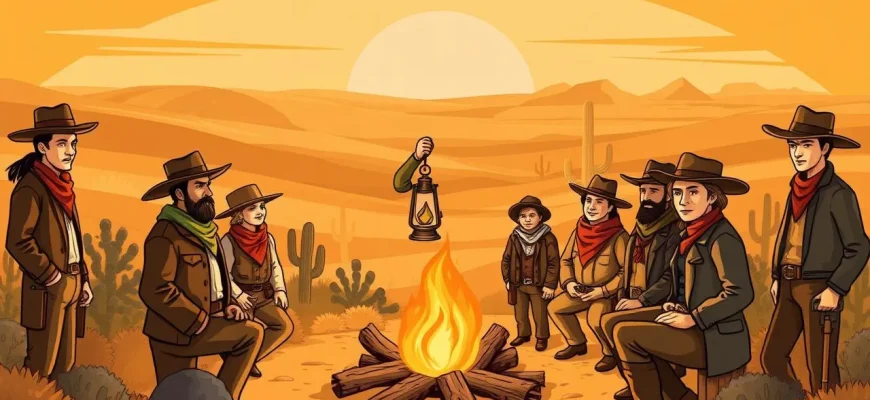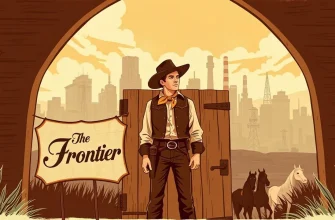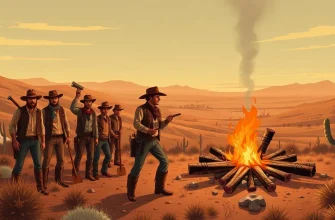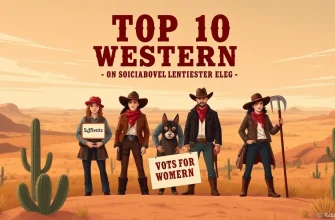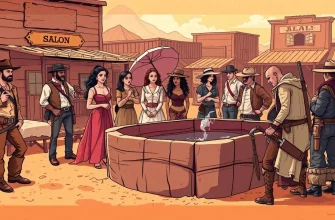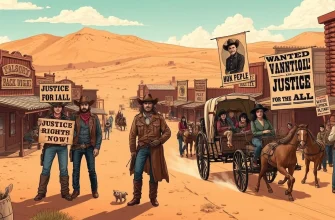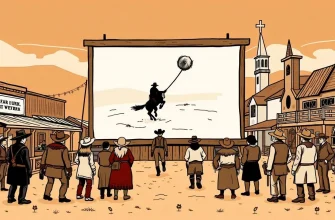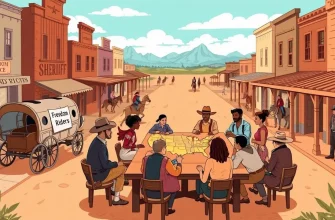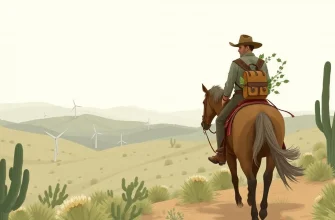This curated selection of Western films delves into the complex tapestry of human rights within the rugged landscapes of the American frontier. Each film in this collection not only entertains but also challenges viewers to consider themes of justice, equality, and the fight for individual rights. These stories, set against the backdrop of the Old West, resonate with contemporary issues, making them timeless in their relevance and appeal.
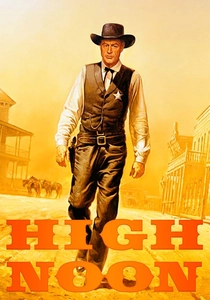
High Noon (1952)
Description: This classic Western features a marshal who stands alone to defend his town against a gang of outlaws, symbolizing the fight for justice and individual rights against overwhelming odds.
Fact: The film was made during the McCarthy era, and its plot has often been interpreted as an allegory for standing up against political persecution.
 Watch Now
Watch Now
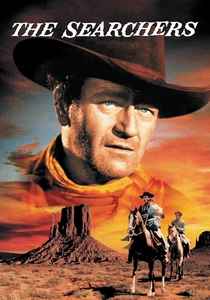
The Searchers (1956)
Description: John Wayne's character embarks on a quest to rescue his niece from Comanche kidnappers, exploring themes of racial prejudice and the quest for personal justice.
Fact: The film was shot in Monument Valley, which became synonymous with the Western genre due to its use in many John Ford films.
 Watch Now
Watch Now
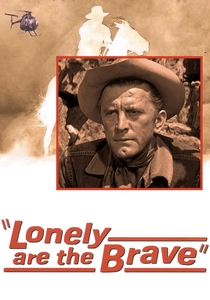
Lonely Are the Brave (1962)
Description: Kirk Douglas stars as a modern cowboy who finds himself at odds with the changing world, highlighting the clash between individual freedom and societal norms.
Fact: The film's script was adapted from the novel "The Brave Cowboy" by Edward Abbey.
 Watch Now
Watch Now

The Man Who Shot Liberty Valance (1962)
Description: This film explores the myth of the West, questioning the nature of heroism and the truth behind legends, touching on themes of justice and the rule of law.
Fact: The famous line "When the legend becomes fact, print the legend" has become a cultural touchstone.
 Watch Now
Watch Now
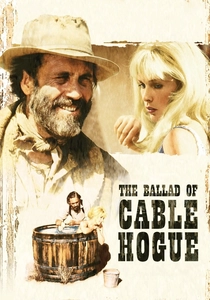
The Ballad of Cable Hogue (1970)
Description: A tale of a man who finds water in the desert, symbolizing the struggle for survival and the right to exist in a harsh environment.
Fact: Sam Peckinpah, known for his violent Westerns, directed this more light-hearted film.
 Watch Now
Watch Now
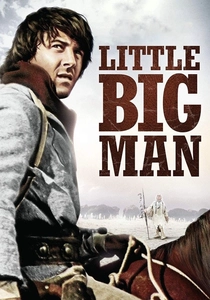
Little Big Man (1970)
Description: This film provides a satirical look at the treatment of Native Americans, focusing on the life of a white man raised by the Cheyenne.
Fact: Dustin Hoffman underwent extensive makeup to portray the aging character over a span of 121 years.
 Watch Now
Watch Now

The Outlaw Josey Wales (1976)
Description: Clint Eastwood's character becomes an outlaw after his family is murdered, exploring themes of revenge, redemption, and the quest for justice.
Fact: The film was one of the first to be released under Eastwood's own production company, Malpaso.
 Watch Now
Watch Now
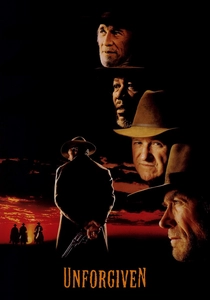
Unforgiven (1992)
Description: A deconstruction of the Western genre, this film examines the myth of the heroic gunslinger and the harsh realities of violence and justice.
Fact: Clint Eastwood won his first Best Director Oscar for this film.
 Watch Now
Watch Now
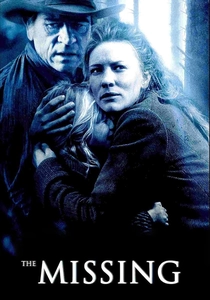
The Missing (2003)
Description: A father and daughter reunite to rescue her kidnapped child from Apache warriors, exploring themes of family, forgiveness, and cultural understanding.
Fact: The film was shot in New Mexico, providing an authentic backdrop for its story.
 Watch Now
Watch Now
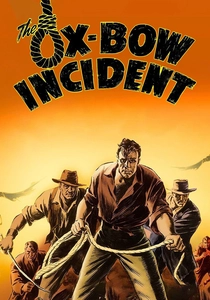
The Ox-Bow Incident (1943)
Description: A stark examination of mob justice and the consequences of vigilante action, this film questions the morality of taking the law into one's own hands.
Fact: The film was based on a novel by Walter Van Tilburg Clark and was initially considered too controversial for its time.
 30 Days Free
30 Days Free

